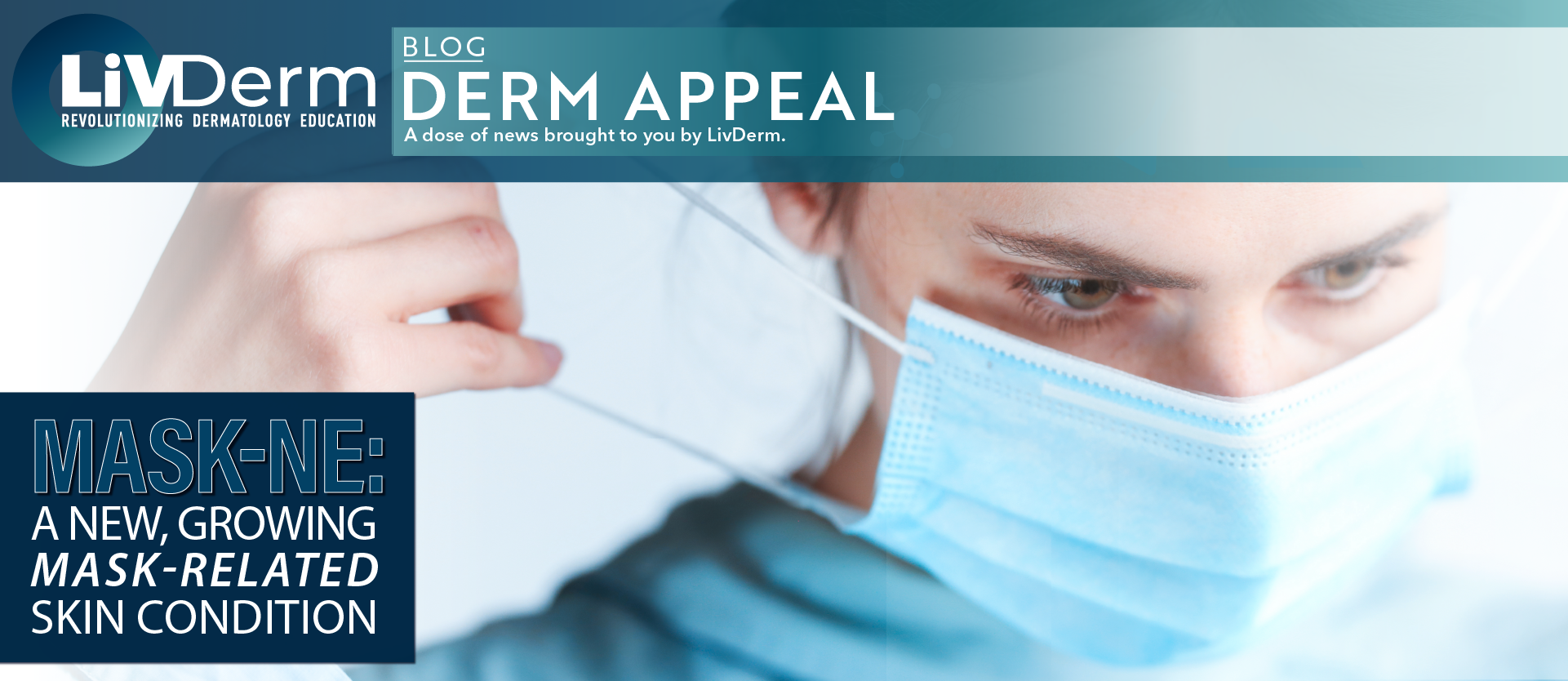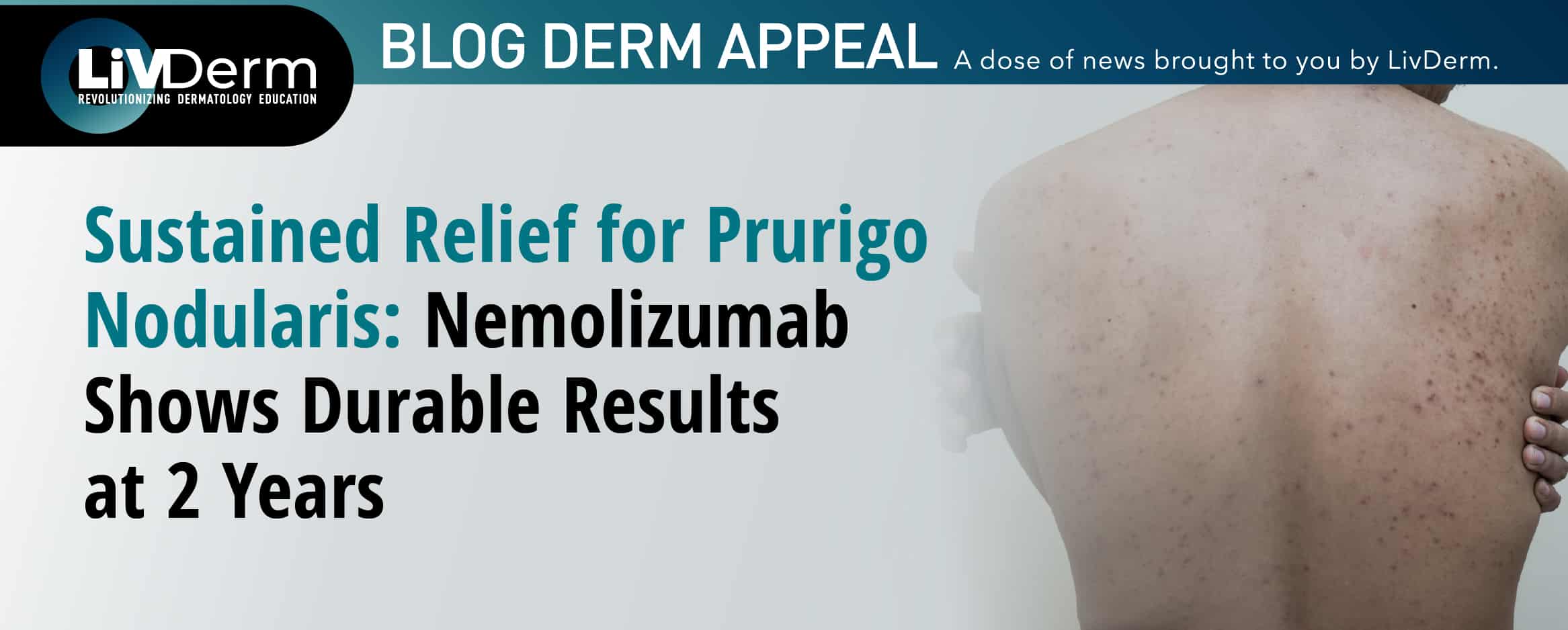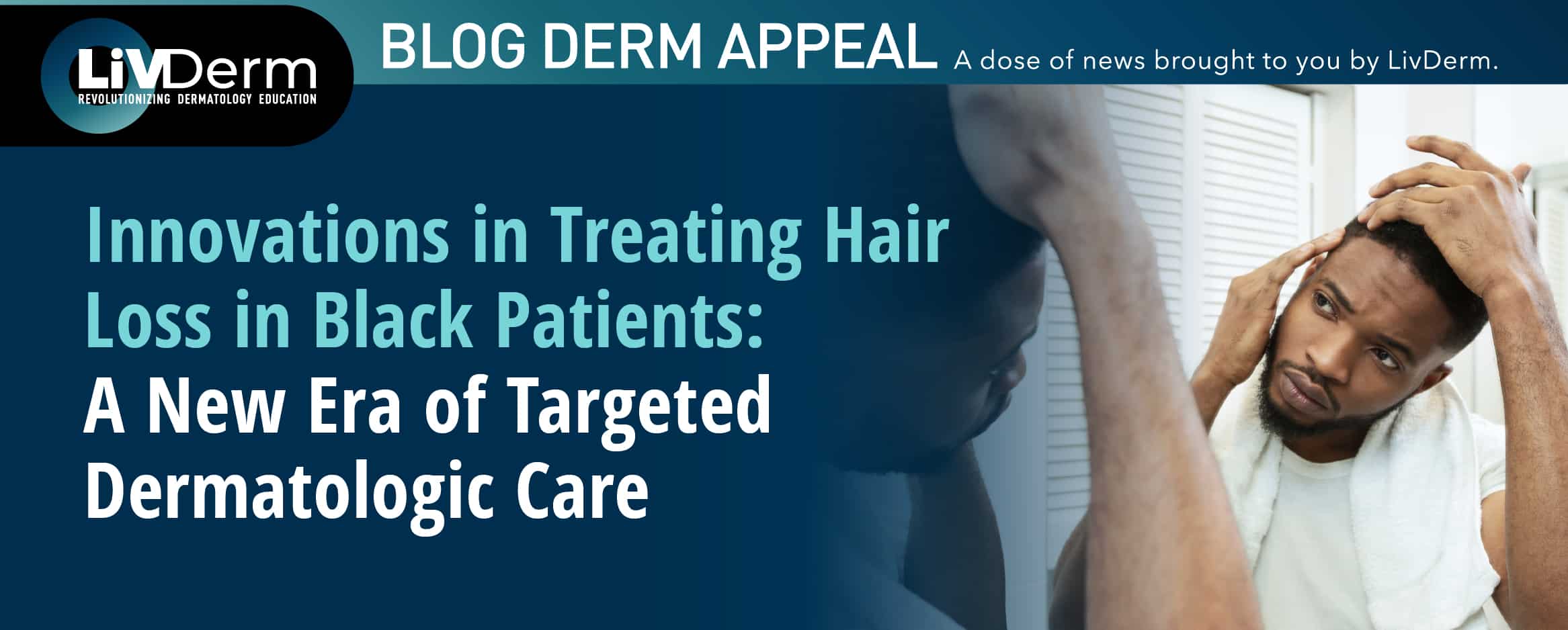Over the past several months, the coronavirus pandemic has been taking a toll on the emotional and physical health of frontline medical workers. In addition to grueling work hours, unprecedented patient needs, and nationwide equipment shortages, the face masks required to treat patients safely are increasingly contributing to the emergence of mask-related skin conditions. Doctors and nurses across the globe have been sharing images of their bruised, irritated, and indented faces resulting from wearing a face mask for long hours.
Yet the bruising and irritation are not the only skin concerns associated with masks, as the temperature, humidity, and bacteria surrounding the nose and mouth area are causing other skin issues. Alongside constant pressure, heat and sweat break down the skin barrier underneath the mask causing irritation and swelling; this comprises the skin and leads to acne breakouts. As a result, dermatologists are reporting an influx of cases of brand new breakouts related to a new condition called “Mask-Ne”, or Mask Acne.
Face Masks and Coverings
Per CDC public health guidance, all individuals are recommended to wear face coverings when out in public to prevent the spreading of COVID-19 and minimize their own risk of infection.
As more states being to reopen and require face masks in public settings, dermatologists are reporting an increasing number of patient complaints from those suffering from cutaneous irritation along with healthcare professional reports of adverse skin reactions related to long hours spent wearing medical-grade masks.
The Mask-Ne Phenomenon
Trapping the breath and restricting airflow, face masks create humid, hot environments that can contribute to the buildup of sweat, oil, and other contaminants under the mask – thus, leading to adverse skin reactions such as inflammation, irritation, and acne breakouts. The new phenomenon of Mask-ne, clinically known as acne mechanica, is primarily related to the breakdown of the skin barrier caused by mask-induced friction. In addition, the heat generated underneath the mask can cause increases in sweat and sebum production.
Sensitive-skinned individuals may experience discomfort related to dryness and redness when wearing a face mask – such as an itchy rash similar to eczema caused by the absorption and exposure to chemicals and microbes. As a result, patients with inflammatory skin conditions such as eczema and rosacea are reporting increased flare-ups at this time.
Prevention Strategies
Gentle Skincare Regimen
Although preventing mask-related skin complications cannot be guaranteed and depends on several individual-specific factors, a gentle skincare regimen may prove beneficial. Washing the face before and after wearing a mask can help remove excess oil buildup to prevent flare-ups and clogged pores. It is essential to keep the skin barrier intact by keeping the face clean, using a gentle and fragrance-free cleanser morning and night, as well as a gentle toner to balance pH levels.
To protect the barrier, it is important to ensure the skin remains hydrated and balanced – regularly applying a gentle, effective moisturizer can help keep the skin intact and prevent mask-related irritation. It is also important to avoid any potential irritants or pore-clogging compounds if you are wearing a face mask; this includes makeup, which can contribute to increased sebum production and aggravate breakouts.
Facial Protection
Medical professionals must wear surgical and respirator masks while treating patients, yet these precautionary measures are resulting in physical irritation caused by mask texture, friction, and chemical irritation as well as increased contact with microbes that are exhaled and trapped under the mask. As these are the safest protective face coverings, healthcare workers are encouraged to support the skin barrier as much as possible to prevent adverse skin reactions and remove masks as soon as it is safe to do so.
All other individuals, on the other hand, are encouraged to wear cloth face coverings when in public settings. To prevent against skin irritation, these masks should be made out of comfortable fabrics – such as breathable and non-irritating cotton – and should include an additional filtering layer like a coffee filter. Although these types of face coverings may be softer and more comfortable than medical-grade masks, they can still cause dryness, irritation, and clogged pores contributing to “Mask-ne” breakouts.
Treatment Options
Aesthetic medicine experts recommend spot-treating these types of acne breakouts with benzoyl peroxide, salicylic acid, or a zinc cream to decrease both redness and inflammation.
In cases of chronic cutaneous conditions, such as psoriasis and eczema, experts recommend applying a cold compress to areas of irritated skin to reduce associated swelling and ease discomfort. While for skin that is bruised from long hours of face mask wear, an arnica gel or cream treatment can be used to mitigate symptoms and prevent further bruising.
In recent months, adult acne has become a growing concern among the population, both in the clinical setting and in-home isolation. Cases of stress-induced acne breakouts and the new phenomenon of “Mask-ne” are on the rise as the COVID-19 pandemic persists. With an increased number of people now required to wear facial coverings in the public setting, it is essential to spread awareness of the importance of skin barrier protection and urge patients to reduce any compounding irritants – for example, by minimizing their skincare regimen to only gentle products, avoiding makeup or other pore-clogging products, and opting for fresh facial coverings if and when possible.
















